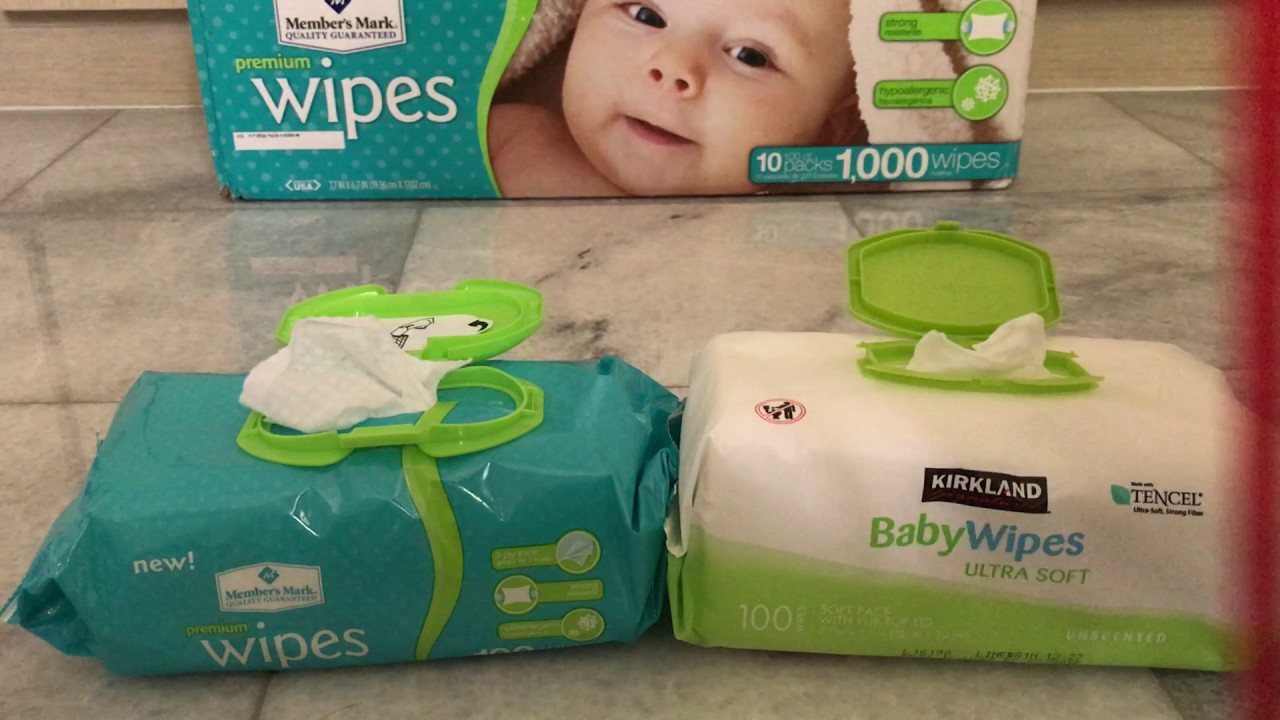The baby wipes bulk entail strict quality assurance measures since the production meets the standards of the market. Since baby wipes are commonly used for delicate skin, especially for babies, their quality should be standard and reliable. Quality control is a very pivotal aspect when it comes to the bulk production of baby wipes and ensures that manufacturers and business-to-business buyers develop trust and adhere to legal requirements concerning the production of the wipes.
Consistency in Baby Wipes Bulk Production
The most important factor that defines the quality of baby wipes bulk production is consistency. Purchasers depend on the consistency of size, material, and quality of the products in every batch. The Quality control teams are always assigned the duty of reminding operators and supervising line productions to conform to certain specifications that were set earlier. Even the fabric texture and thickness of the wipes, as well as the amount of moisture in the wipes, have to be verified. Employers also employ sophisticated tools in an attempt to identify fluctuations in the manufacturing process. For example, mechanical control can determine the humidistat of the baby wipes to avoid being too dry or being too wet. Through proper supervision during the manufacturing process, organizations will avoid getting substandard products to the consumers. This level of consistency enables the B2B buyers to offer their customers consistent quality products hence enhancing their reputation.
Safety and Compliance in Baby Wipes Bulk Manufacturing
Purity is highly important in the production of bulk baby wipes because of the delicate areas that the wipes come into contact with. Control specialists, forgery and counterfeiting, are supposed to see that all materials and ingredients used in beauty products are approved for skin safety. This involves carrying out tests on samples of allergy-causing substances, toxic substances, and irritants on the skin especially on sensitive skin. Besides safety testing, it is essential to confortote international and regional standards. Manufacturers are confined to producing wipes according to set requirements provided by an organization like the FDA or ISO to guarantee the wipes’ effectiveness. Schedules of audits and tests are part of the quality assurance process and are important in ensuring that an organization is on the right side of the law and that unnecessary recalls or legal problems are minimized. The need for B2B buyers for quality-conscious products like baby wipes; and manufacturers with quality assurance systems. This way, it guarantees that the products are safe and that will respond to the needs of the target consumers.
Building Trust Through Quality in Baby Wipes Bulk Orders
In the competitive market of baby wipes bulk production, quality control does not only mean that the company complies with the set standards but also is about gaining trust. Consumers require confidence that their suppliers offer them quality goods at all times, especially in sectors that focus on safety and cleanliness. Quality control also makes it easier to build lasting relationships because of a company’s proven concern for business quality. Testing and inspection during production check for errors, which greatly reduces the number of complaints and returns.
Conclusion
Purity control is a critical element in the manufacturing of baby wipes bulk, and agencies must provide this to consumers. Through standards and testing manufacturer currents meet the test of the B2B buyers while also addressing the issues of safety regulation. However, for any business with bulk baby wipes as their main selling product, quality is very important and it should be sourced from suppliers who effectively observe quality standards to avoid cramming their suppliers as their major customers.
